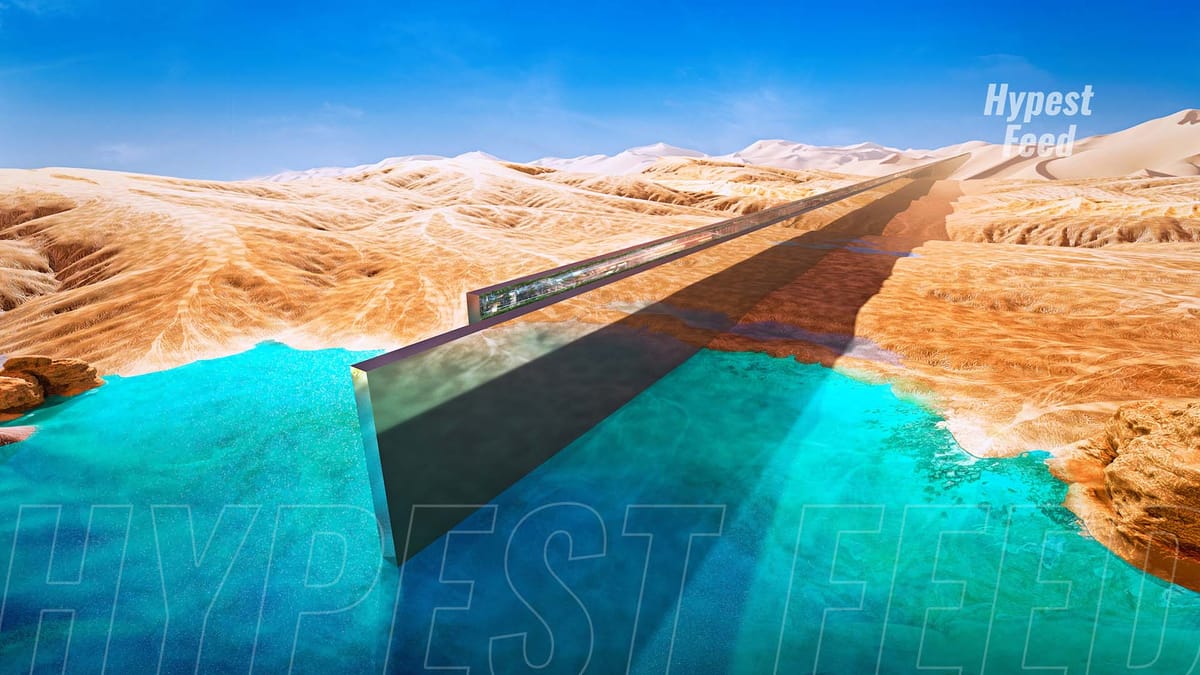Saudi Arabia, known for its ambitious infrastructure and development projects, faces the possibility of scaling down several large-scale construction initiatives amidst economic uncertainties and evolving priorities.
The Kingdom's Vision 2030 initiative, launched to diversify its economy away from oil dependency, has been a cornerstone of Saudi Arabia's development strategy. Under this vision, numerous mega-projects were conceived to transform sectors such as tourism, entertainment, and industry, aiming to attract foreign investment and create job opportunities for Saudi nationals.
However, recent economic challenges, including fluctuations in oil prices and global economic conditions exacerbated by the COVID-19 pandemic, have prompted a reevaluation of these projects. Reports indicate that some mega-projects, such as the NEOM futuristic city and the Qiddiya entertainment project, could be subject to scaling down or delayed phases to manage costs and prioritize key economic sectors.
The potential scaling down of these projects underscores Saudi Arabia's pragmatic approach in adapting to economic realities while striving to achieve long-term sustainable growth. It reflects a cautious stance aimed at ensuring the effective allocation of resources amidst global uncertainties.
Moreover, the Saudi government's emphasis on fiscal discipline and efficiency in project execution aligns with broader efforts to enhance transparency and accountability in the management of public funds. This strategic recalibration aims to strengthen the resilience of the Saudi economy and maintain its trajectory towards achieving Vision 2030 goals.
Critics argue that scaling down mega-projects could impact employment opportunities and economic diversification efforts in the short term. However, proponents of the move emphasize the importance of prioritizing financial stability and ensuring sustainable development over rapid but potentially unsustainable growth.
As Saudi Arabia navigates these complex dynamics, the outcome will likely shape the trajectory of its economic diversification efforts and influence regional investment dynamics. The Kingdom's ability to strike a balance between ambitious development goals and economic prudence will be closely watched by global investors and economic analysts alike.
In conclusion, while Saudi Arabia remains committed to its Vision 2030 transformation agenda, the potential scaling down of mega-projects reflects a pragmatic response to current economic challenges. This strategic recalibration underscores the Kingdom's adaptability and commitment to long-term economic sustainability amid evolving global conditions.



Member discussion: